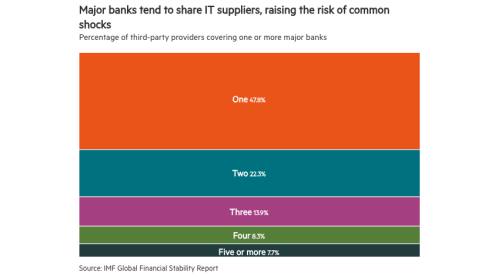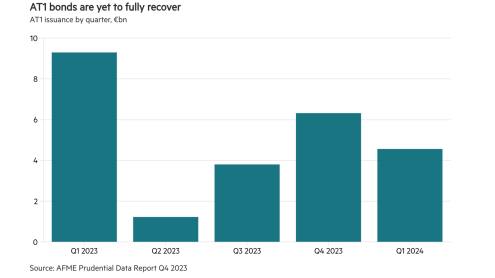The recent political upheaval in Tunisia underscores the pressure domestic banks have felt from the deteriorating economic environment and clashes between the three branches of power over the past few months, according to S&P Global Ratings.
Political tensions escalated on Sunday when president Kais Saied invoked an emergency article of Tunisia’s constitution after violent protests erupted against the country’s biggest party, the moderate Islamist Ennahda movement.
Mr Saied has sacked the county’s prime minister and suspended parliament, and announced that he will rule by presidential decree. The capital, Tunis, was flooded with jubilant crowds after Mr Saied’s declaration.
The next steps, however, are unclear, and developments are likely to affect the operating environment for Tunisian banks. This uncertainty comes on top of an already difficult economic situation due to the Covid-19 fallout, which has been exacerbated in recent weeks following a surge in new coronavirus cases that has dampened the tourism season. Return on equity has fallen precipitously in recent years at several leading domestic banks, according to The Banker Database.
Tunisia’s public debt has increased significantly over the past decade. Gross debt reached 87.6% of gross domestic product at year-end 2020, compared with 39.2% at year-end 2010.
High twin deficits and the absence of decisive reforms to reduce spending has made the country highly dependent on multilateral financing and increased popular discontent. A large current account deficit, widening on the falloff in tourism receipts, is another drain on limited reserve levels. “The country’s upcoming negotiations with the IMF will hinge on political stability and an effective government,” according to S&P Global.











